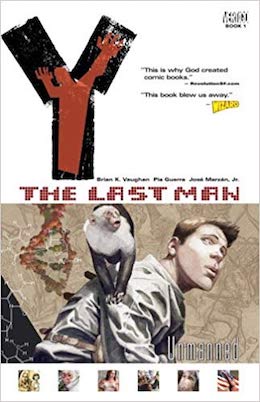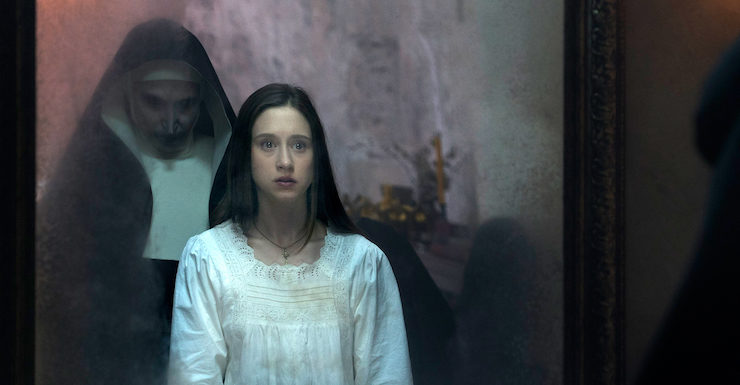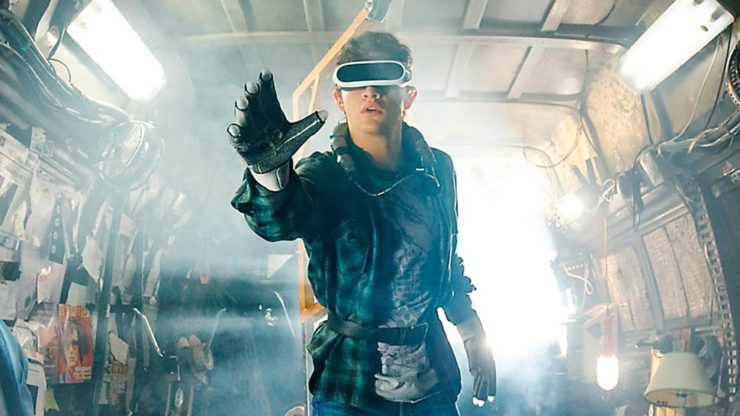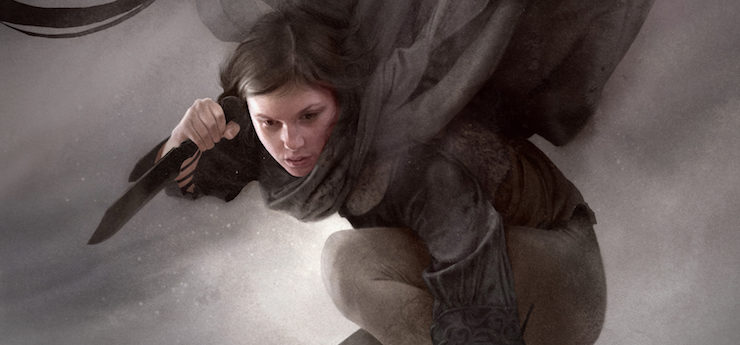How Y: The Last Man Made Me Fall in Love with the Craft of Writing
Comment number:
1
Advertisement
Showing 22 results







“A profound love between two people involves, after all, the power and chance of doing profound hurt.”
Ursula K. Le Guin, The Left Hand Of Darkness
For compliance with applicable privacy laws:



